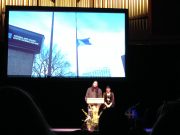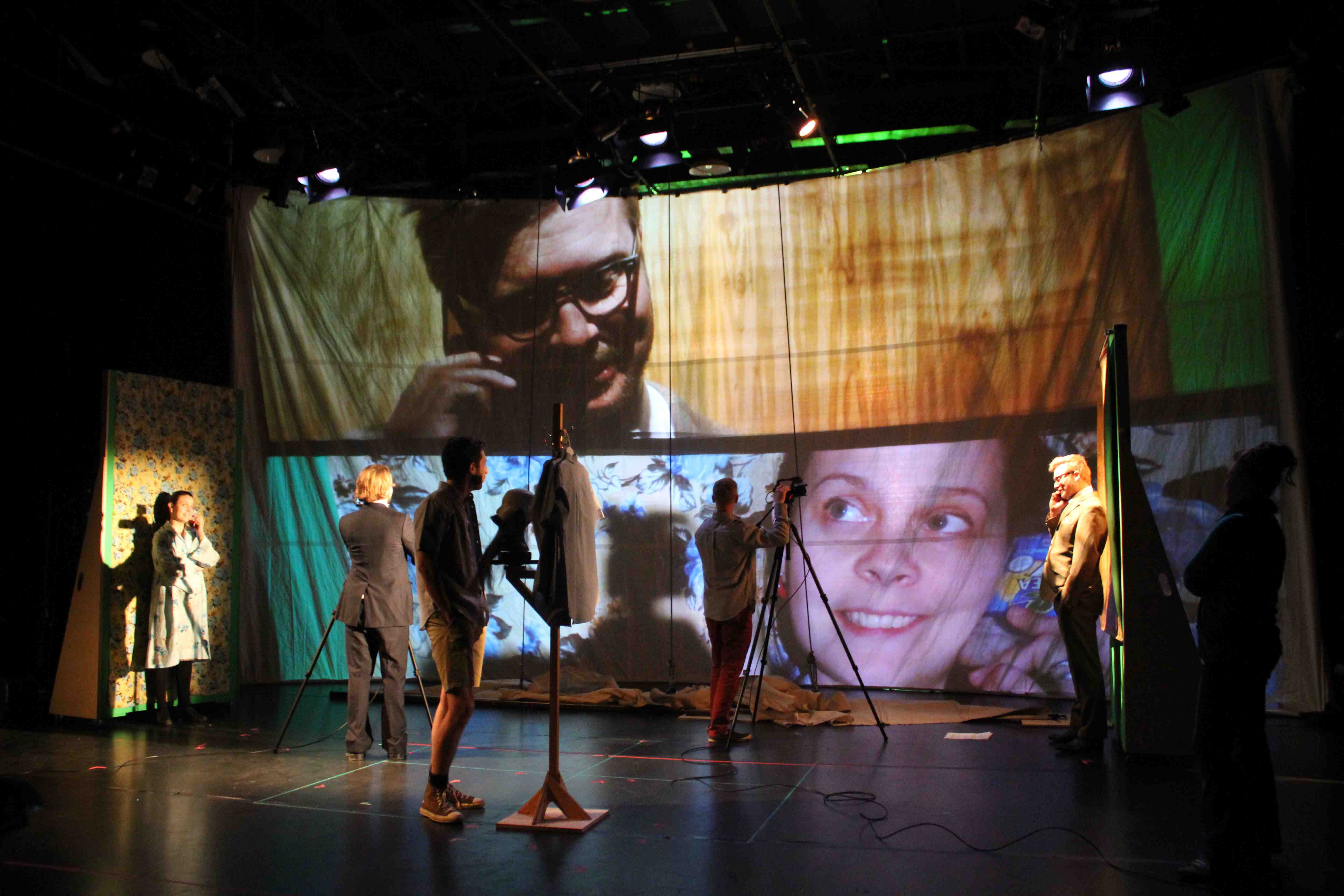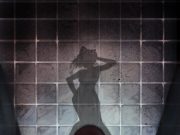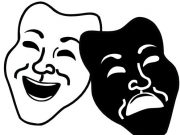Dear Michele
You said “write it down. Be clear. Be articulate. Define what you’re on about.” And, then you laughed and told me a story. A story that could only be told by acting the entire thing out, on your feet, in a crowded coffee shop, accidently bumping into someone holding a latte, who is giving you an annoyed look, who you politely apologize to while laughing loudly and openly and then simply carrying on with your story.
Thank You Michael Green
We often butted heads and had strong opinions that didn’t always align. In my post-Mutton Busting/Bubonic Tourist days I worked hard to “re-brand” myself as not a Rabbit and not the next "Michael Green”. Those were hard days for me, but Michael, despite his occasional concerns was supportive and encouraging even when I would antagonize him with ridiculous suggestions
Memorializing The Bomb
Learn about Making Treaty 7. Contemplate the very real costs of change. That lives are always held in the balance and that however you characterize it - change is like war and there will always be - to use the heinous phrase -“collateral damage”. Three of the deceased personally impacted my life in ways unknowable but profound, but all 4 of them, Warriors all, left an indelible mark for change.
“An ocean is not an ocean”: design innovation in The Last Voyage of Donald...
The play not only requires a lot of video content that we need to create, but we are also using four HD camera feeds that are being manipulated in real time, processed and then sent to 8 different projectors. All of this is happening in one desktop PC running custom software that we have created in Touch Designer.
Thoughts from a Calgary Cafe
The first time I flew into Calgary, after having been away for a year, I had a panic attack. On the plane. I looked out of that little porthole, and through multiple layers of Plexiglas saw the Saddledome, and Deerfoot trail and downtown, rising out of a seemingly endless sea of suburban wasteland. I was overcome with an irrational feeling of dread.
Audience Barriers and Innovating to Diversify
This is what made the idea of producing rihannaboi95 so appealing to us; there’s no need to leave home in order to watch the show.
Interview with Black Theatre Workshop Assistant Artistic Director Mike Payette
After hearing about the use of blackface on stage in my city, it had brought back to light past accounts that I had read through the press dating back years; the presence of it in our cultural and educational institutions. These examples were only stories I had heard, but I hadn't personally seen it live on stage until the Théâtre du Rideau Vert's year-end revue. Once I had seen it, I had not been prepared for the visceral reaction I would have.
“IS BLACKFACE OFFENSIVE?” – SOMEHOW, A REAL QUESTION IN 2015.
This stuff is exhausting. I’ve seen threads with debates between theatre goers, theatre practitioners, and theatre critics. And although great points get made on every one of them, each time someone questions whether or not Blackface is even offensive in the first place, I feel like I’ve stepped out of a DeLorean. We are in 2015, and if you still choose to say “oh, that actor was just wearing brown make-up on his face, he wasn’t in Blackface”, then your cognitive dissonance is stronger than most, and you should bottle it for you are truly of a rare breed.
The Use of Imagery and The Plural Public
But the afro-Québecois – Ils se souviennent. They remember.
They remember the struggles waged by their parents and forefathers to gain a slither of dignity. They remember the jobs they weren’t allowed to apply for, the apartments they weren’t allowed to rent, the music clubs they weren’t allowed to enter. For younger Black Quebeckers the memories aren’t so far behind: in the era of racial profiling by police and proven racism by the municipal employer, among others.
Owning the Means of Cultural Production
For profit-conscious advocates, theatre artists are finally accepting their role in a market-based economy. Meanwhile those of us that are skeptical of restricting art to what is profitable (or profitable for real estate) can understand the entrepreneurial shift as a way to throw off some of the chains that have kept cultural production in the hands of a well-insulated elite.
















